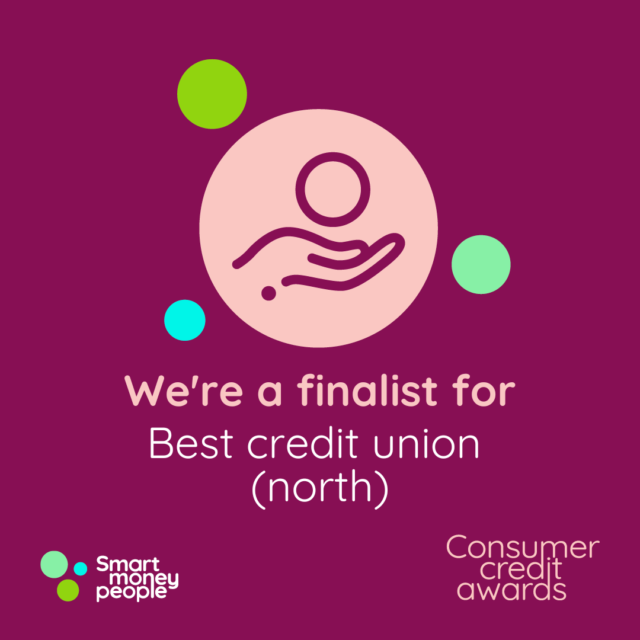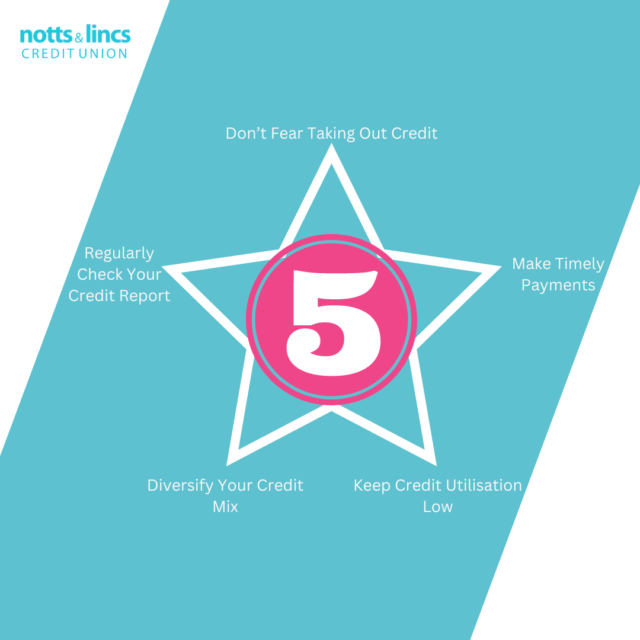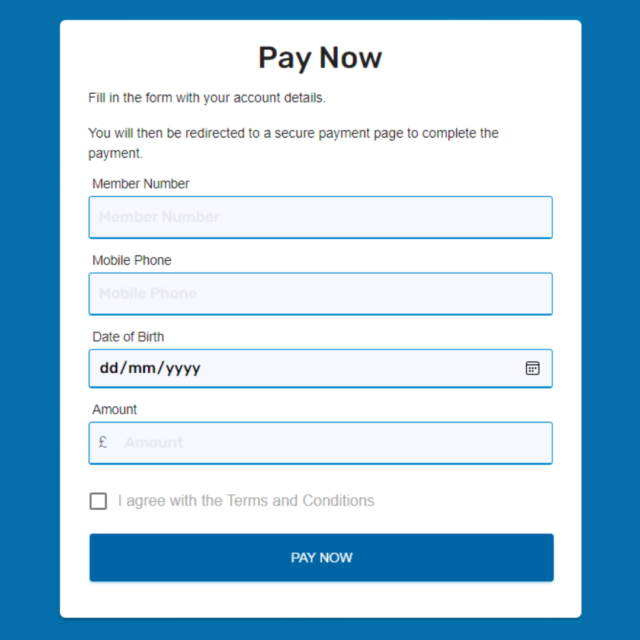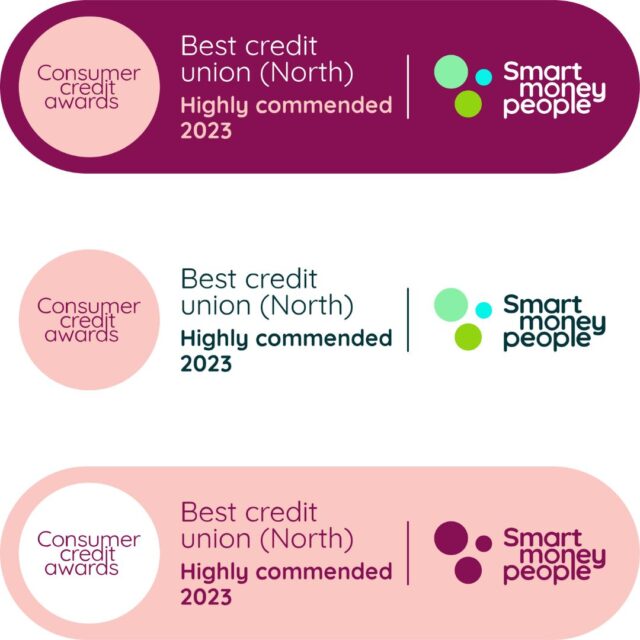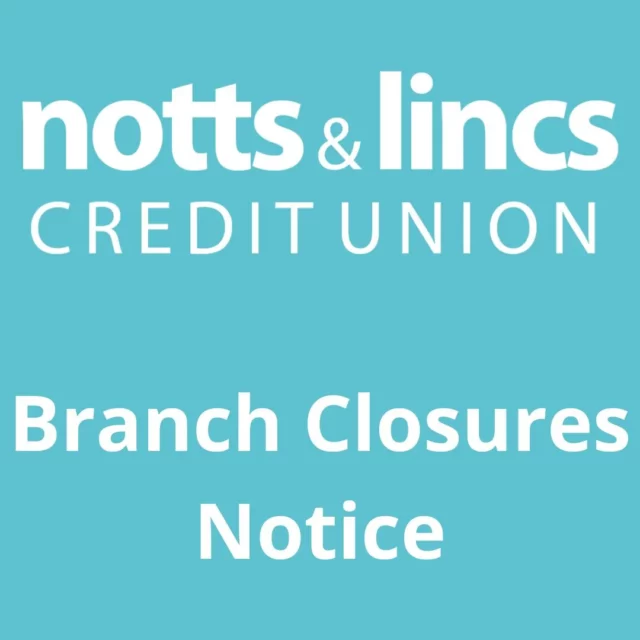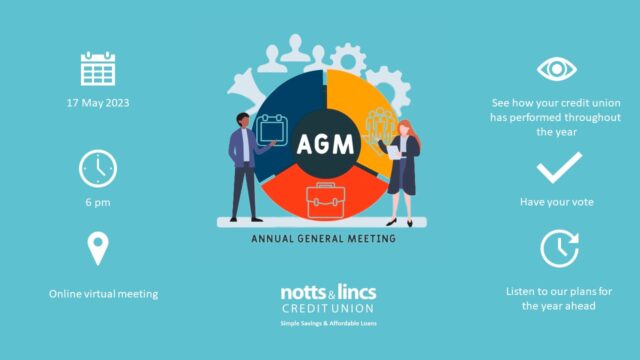Unsuccessful Loan Applications


Why was my application unsuccessful?
- Your credit score doesn’t meet our minimum credit score requirements
- You have an existing loan that is currently in arrears or has been previously rescheduled
- You have taken out a loan with us or been unsuccessful within the last six months
- You have recent defaults or delinquent accounts on your credit file
- You have an undischarged bankruptcy
- You have entered into a DRO (Debt Relief Order)
- You have an active IVA
- You are currently in a Debt Management Plan
- You have recent CCJs
- You do not meet our affordability criteria
- You are outside of our common bond area
Whilst this list is not exhaustive, it should help you understand our lending decisions.
How can I improve my eligibility chances for future applications?
-
Register on the electoral roll.
If your name’s not on there, you’ll find it much harder to get credit. Go to the GOV.UK website to find out how to register to vote online or by post.
-
Check for mistakes on your file.
Even having just a slightly wrong address can affect your score. So make sure you check all the details and report any incorrect information straight away.
There are providers like Credit Karma who provide free access to your credit report.
-
Pay your bills on time.
Paying a utility bill, mobile phone contract or internet contract on time is a great way to prove to lenders that you can manage your finances.
-
Check if you’re linked to another person.
Having a spouse, friend or family member’s credit rating linked to yours through a joint account could affect your personal rating if they have a low score.
-
Check for fraudulent activity.
If something on your credit report is wrong or doesn’t apply to you, contact the credit reference agency to have your file updated. For example, if someone applied for credit in your name without your knowledge.
-
County Court Judgements (CCJs).
Receiving any county court judgements for debt will seriously affect your credit score. If you’re having problems keeping up with payments, find free debt advice online.
-
High levels of existing debt.
Ideally, you should pay off any outstanding debt before applying for new credit. This is because banks, building societies and credit card companies might be hesitant about lending you more if you already have a high levels or credit.
-
Moving home a lot.
Lenders feel more comfortable if they see that you’ve lived at one address for a considerable period.
-
Keep your credit utilisation low.
Your credit utilisation is how much of your available credit limit you use. For example, if you have a credit limit of £2,000 and you’ve used £1,000 of that, your credit utilisation is 50%, so you’re using half of your credit limit. Usually, using less of your available credit will be seen positively by lenders, and will increase your credit score. If possible, try to keep your credit utilisation at 25% or lower.
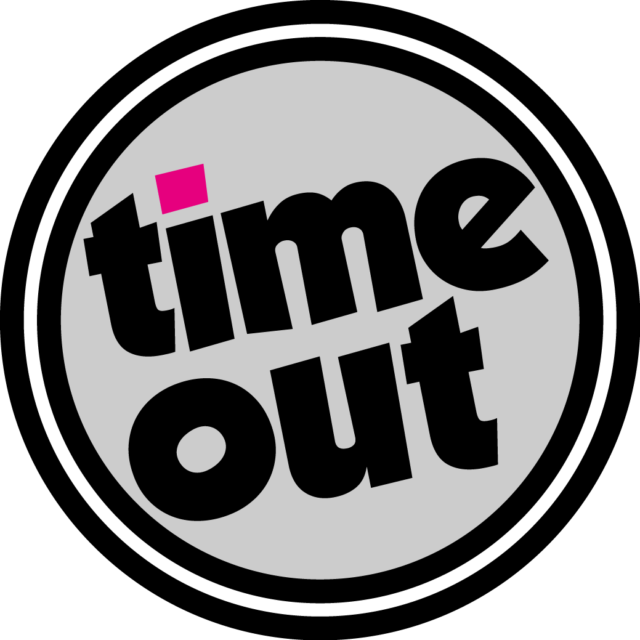
Do you feel worried or affected by your own gambling or the gambling of a loved one?
Please know that there is help and support available
Time Out is a Nottingham based gambling harm project and as a result of our work, we hope to raise awareness, reduce the associated stigma and start the conversation about addiction and harmful gambling.
For useful resources around accessing support, debt and finances, self-help and recovery, please visit the Time Out page or email rebeccajones@doubleimpact.org.uk
If you or someone you know is showing signs of a gambling addiction, or is in a crisis situation, please speak directly to a trained advisor via:
Phone: The 24/7 National Gambling Helpline on 0808 8020 133
Live Chat: www.gamcare.org.uk

